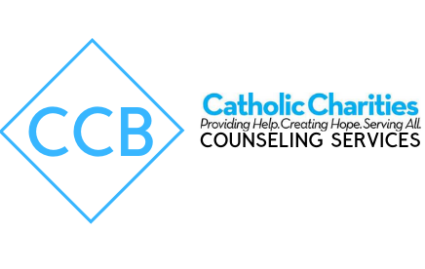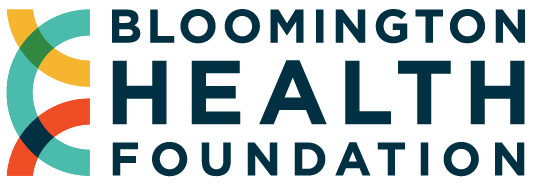 In 2018, BHF deployed a grant to augment mental health access in our community by partnering with Catholic Charities Bloomington for three years to provide a case worker and an additional mental health therapist. This grant increases local mental health therapy appointments by 1,600 each year.
In 2018, BHF deployed a grant to augment mental health access in our community by partnering with Catholic Charities Bloomington for three years to provide a case worker and an additional mental health therapist. This grant increases local mental health therapy appointments by 1,600 each year.
Since the pandemic, the need for those services has increased dramatically. We checked in with Clinical Director of Catholic Charities Bloomington O’Connell Case on the toll the pandemic takes on mental health and how Catholic Charities Bloomington is working to help manage this issue in Bloomington and beyond.
What mental health resource demand trends have you seen throughout the pandemic?
Starting in August CCB noticed that our requests for therapy doubled from our usual demand. Many of the callers were people that had never sought mental health treatment before and the nature of the calls was more desperate and frantic. Those who had mild depression or anxiety in the past and had dealt with it reasonably well were now at a breaking point. An abundance of time without socialization, a purpose to distract them, or any sort of purposeful activity became major issues. By the time October arrived, the demand for services tripled. I think that was triggered by the feeling that the pandemic will never end and that there is no light at the end of the tunnel. The pandemic has also changed the family dynamics at home and routines have been disrupted thus more calls for parenting support, couple counseling, and family counseling.
What work is CC doing to meet those demands?
Reports around the world stated that around 6 months into a pandemic there would be a mental health “tsunami” and that is certainly consistent with our experience. CCB support from BHF has been key to empowering us to add three new therapists since May to accommodate the triple demand for services while keeping the waiting list down. We also started a stress management program for other non-profit agency staff to assist with their ongoing stress and provide services to our most vulnerable community members. We also have a free Parenting Consultation Program starting this week to provide parents with a virtual therapy session that is solution-focused around parenting techniques.
What steps can we take to nurture our own mental health?
– Find your focus. If you focus on the things that are out of your control, it will increase your anxiety and depression. Instead, focus on things you can control– find a project, create some short term goals, be creative, or engage in family time.
– Avoid the news spiral by staying informed on the pandemic, but not immersed. If you read and listen to conversations about the pandemic constantly then it will create anxiety.
– Stay present by enjoying today and even the present moment. Most of the time what we worry about is not what happens and thinking ahead about what might happen will only make you feel more anxious.
– Take a few minutes for yourself. You have nothing to give others if you do not have time to replenish.
– Be creative. Creativity can be used as a way to express emotions or as a calming technique.
Like what you’re reading?

Recent Comments